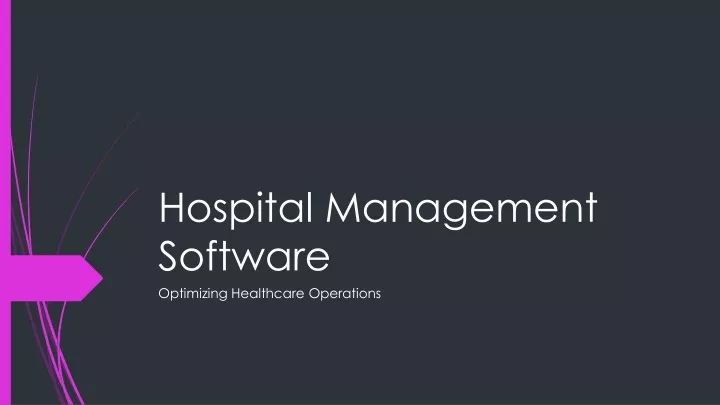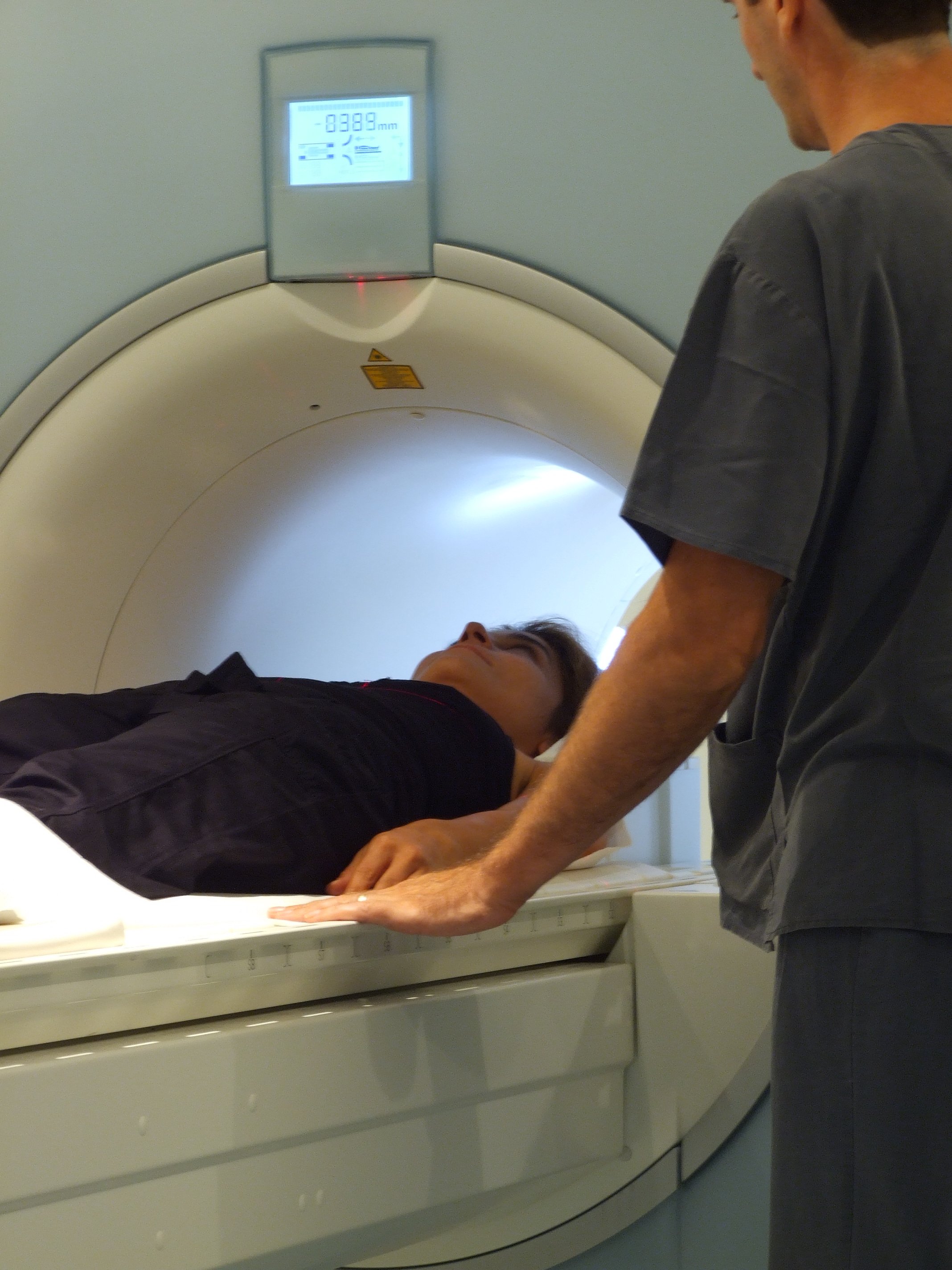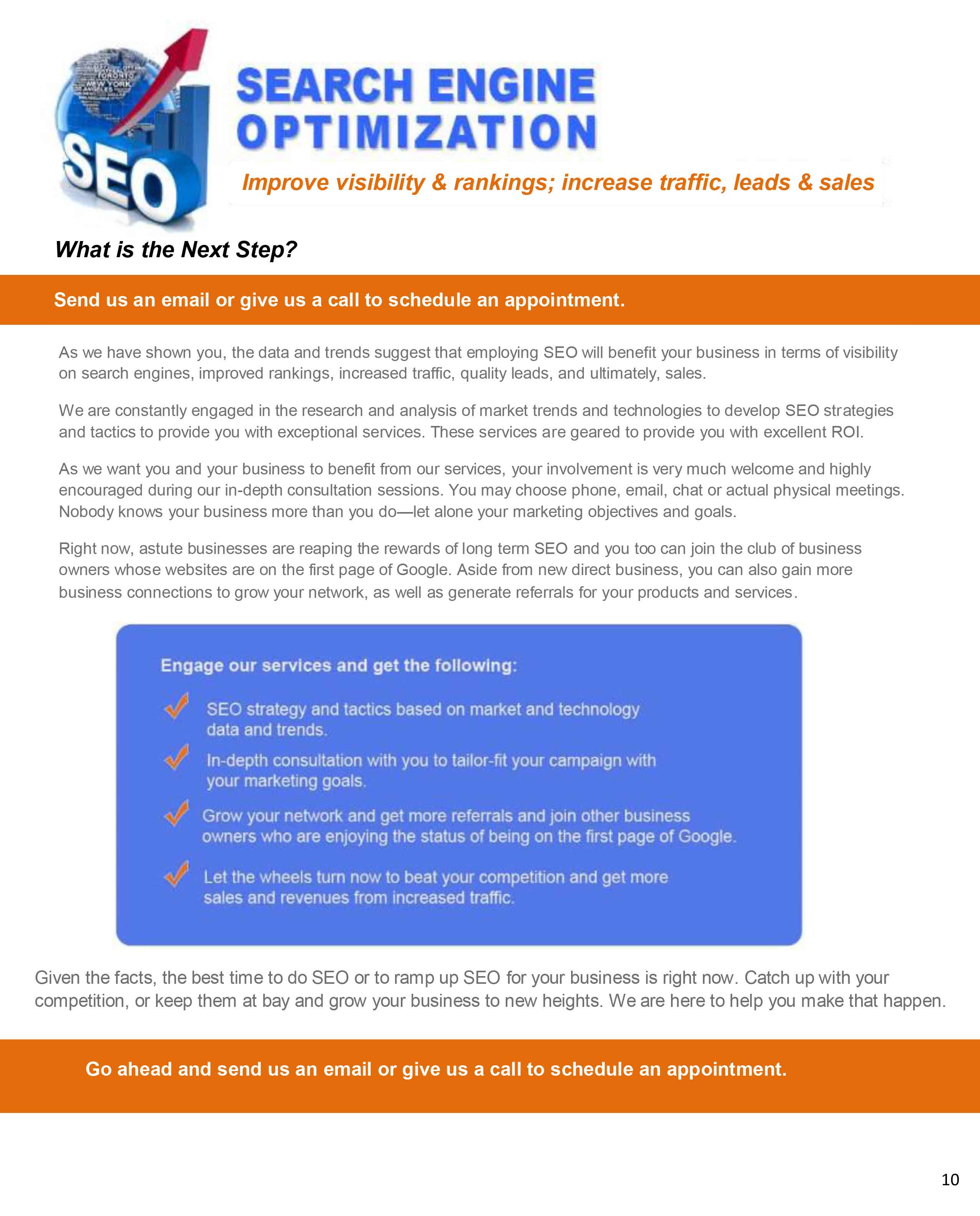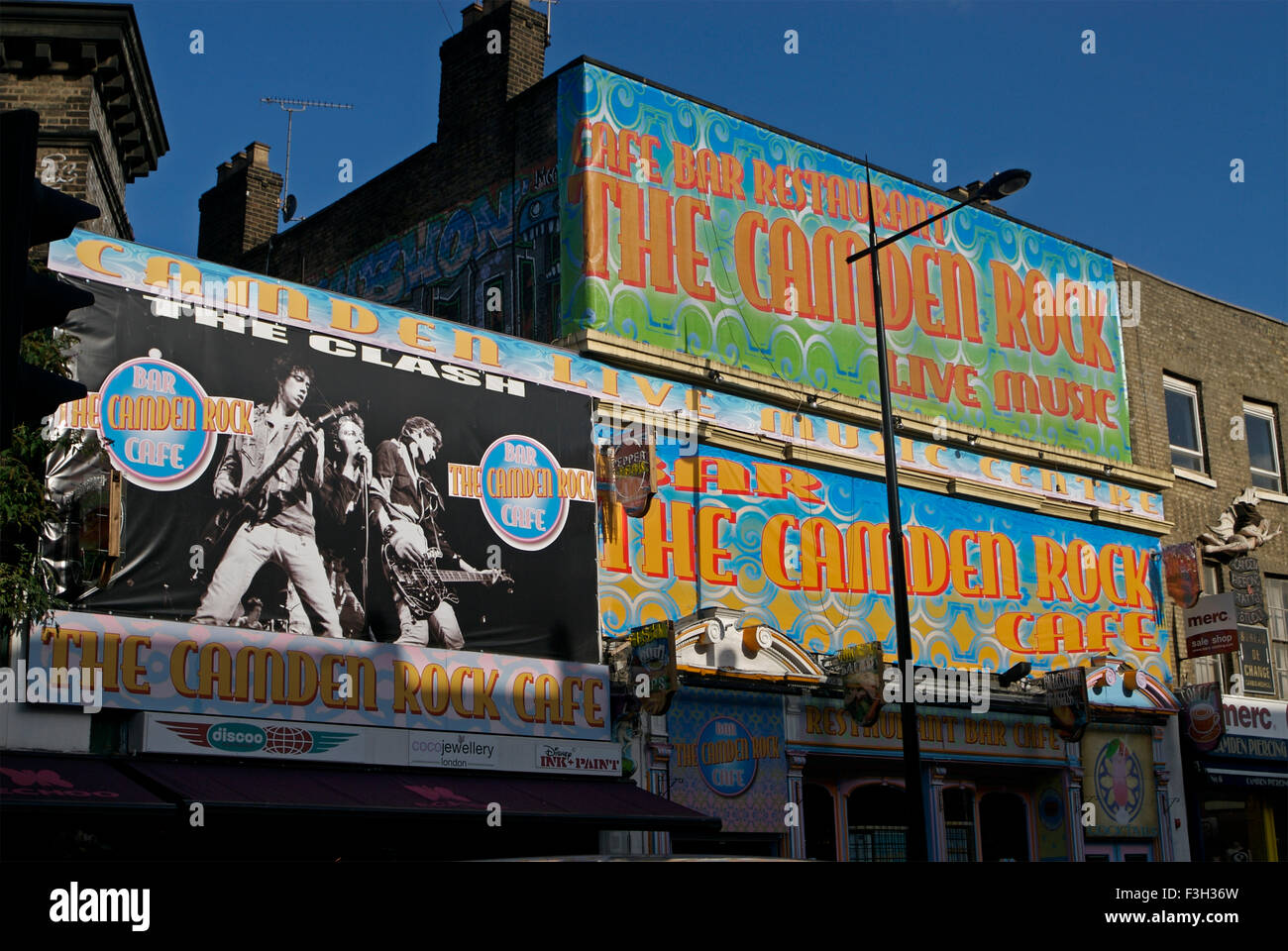When your vehicle unexpectedly breaks down, one of the first thoughts that come to mind is the need for reliable assistance. This is where towing services step in, often overlooked yet essential in times of trouble. These unsung heroes work tirelessly behind the scenes, ensuring that stranded drivers can get back on the road quickly and safely. Their role extends beyond just moving vehicles; they embody support, reliability, and the assurance that help is only a call away.
Understanding the intricacies of towing services can greatly enhance your appreciation for these professionals. There are various types of tow trucks designed for specific situations, ranging from light duty to heavy duty towing. This article aims to shed light on the different types of tow trucks available, what circumstances call for each type, and how to choose the right one based on your needs. Whether you are dealing with a small sedan or a large truck, knowing the options at your disposal can make all the difference in your roadside experience.
Understanding Tow Truck Types
When it comes to towing services, understanding the different types of tow trucks is crucial for providing the right assistance based on the situation. Light duty tow trucks are designed to handle smaller vehicles, such as cars, motorcycles, and some SUVs. These trucks often come equipped with a flatbed or wheel-lift mechanism, allowing for safe transportation of vehicles without causing damage. For everyday roadside rescues, light duty trucks are the most commonly utilized option.
On the other hand, heavy duty tow trucks are employed for larger vehicles, including trucks, buses, and RVs. These tow trucks have specialized equipment and higher weight capacities to manage the challenges associated with heavy loads. They often feature integrated winches, booms, and additional stabilization tools to securely lift and transport these massive vehicles. This segment of towing services is essential for handling breakdowns on highways and ensuring safety during recovery operations.
Choosing the right tow truck is vital for efficiency and effectiveness. Factors such as the size and weight of the towed vehicle, the distance of the tow, and road conditions play significant roles in determining which type of truck to deploy. Understanding the functionalities of tow truck varieties ensures that towing services meet the unique needs of each scenario, whether it involves light duty or heavy duty towing, making the process smoother for both the service provider and the vehicle owner.
Heavy Duty vs. Light Duty Towing
When it comes to towing services, understanding the distinction between heavy duty and light duty towing is crucial for both service providers and consumers. Light duty towing typically involves standard vehicles like cars and small trucks. These tow trucks are designed to handle smaller loads and are often equipped with lighter components and less powerful engines. This category is ideal for everyday towing situations, such as moving a vehicle that has broken down on the side of the road or recovering a car that has been involved in an accident.
On the other hand, heavy duty towing is geared towards larger vehicles and more complex towing scenarios. This includes larger trucks, buses, and construction equipment. Heavy duty tow trucks are specifically built with robust frames, powerful engines, and advanced technology to safely handle the additional weight and size of these vehicles. When major breakdowns occur or when a vehicle is too large for light duty options, heavy duty towing becomes essential to ensure a safe and effective recovery.
Choosing between heavy duty and light duty towing often depends on the situation at hand. If a vehicle is a standard car or light truck, a light duty tow truck will suffice. However, if the vehicle in question is a commercial truck or heavy machinery, heavy duty towing will be required. Knowing which type to call can expedite recovery time, reduce potential damage to the vehicle, and provide the assistance needed without unnecessary delays.
Choosing the Right Tow Truck
Selecting the appropriate tow truck is crucial for ensuring a safe and efficient towing experience. For light duty towing, smaller trucks like flatbeds or conventional tow trucks are often ideal. These vehicles are versatile and can handle a range of situations, from towing cars to helping motorcycles. When faced with a standard vehicle breakdown or minor accidents, light duty tow trucks provide the perfect balance of agility and strength, making them the most common choice for everyday rescues on the road.
When it comes to heavy duty towing, the requirements change significantly. Heavy duty tow trucks, such as rotator trucks or heavy wreckers, are specifically designed to handle larger vehicles like buses, trucks, and heavy machinery. These tow trucks come equipped with powerful equipment and reinforced structures to safely manage the weight and size of heavy loads. Knowing when to call for heavy duty towing is essential, particularly in cases of severe accidents or when dealing with oversized vehicles that exceed regular weight limits.
In summary, understanding the different types of tow trucks and their specific capabilities is key to making the right choice. Factors such as the size and weight of the vehicle needing to be towed, the nature of the breakdown, and the type of road environment all play a role in determining which tow truck to use. By carefully considering these factors, individuals can ensure they choose the most effective and appropriate tow truck for their needs, ultimately facilitating a smoother and safer roadside rescue.
CEO Towing
Phone: 0426 654 655
Url: https://ceotowing.com.au/
50 Thornhill Dr
Forest Hill, VIC 3131























































